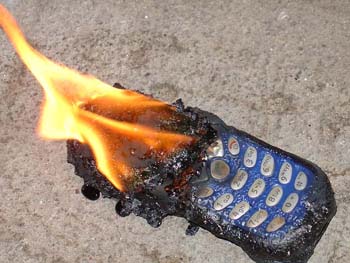Divorces Have More Data Than Ever!
According to the American Academy of Matrimonial Lawyers (AAML), approximately 97% of members have seen an increase in evidence being taken from smartphones and other wireless devices for divorce cases in recent years. The amount of data can be staggering. As we use technology to communicate on a daily basis. This communication includes text messages, chat software and apps, and other forms of digital communication.
Some of the most common types of evidence that were gathered in family law cases included: texts, e-mails, phone numbers/call history, internet browsing/searches and GPS location information.
According to the AAML, the organization’s members (99% to be exact) cited a rising number of text messages being used in evidence. In addition, 67% have noted they were collecting more evidence from all kinds of apps.
Apps can be a vastly underused resource in cases. Almost every gaming app (Words with Friends, Trivia Crack, and Clash of Clans to name but a few) has some form of chat capability. Keep this in mind when planning a subpoena and employing cell phone forensics. It is important to ask questions about habits of the spouse and the apps that are on their cell phone. They often hold much more information than you might think.
Location data is also on the rise. Most commonly found in Photos, location data may include GPS coordinates or other location-specific information. Many new apps are now using location-based data for ads or to help the user find a gaming partner. Sometimes, that information can also be harvested. Not all apps actually store their location data for long periods of time, but if you get lucky, it might make your case.
Regarding apps, the following were most commonly cited as evidence: FindMyiPhone, Snapchat, Google Maps, Google+, WhatsApp, and Tinder.
The AAML is based in Chicago, Illinois and has chapters in the following states: Alabama, Arizona, California, Central States (Iowa, Nebraska, South Dakota), Colorado, Connecticut, District of Columbia, Florida, Georgia, Illinois, Indiana, Kansas, Kentucky, Maryland, Massachusetts, Michigan, Minnesota, Missouri, Mountain States (Idaho, Montana, Nevada, New Mexico, Utah, Wyoming), New Jersey, New York, North Carolina, Northeast States (Maine, New Hampshire, Rhode Island, Vermont), Ohio, Oklahoma, Oregon, Pennsylvania, South Carolina, Texas, Virginia, Washington, and Wisconsin.


